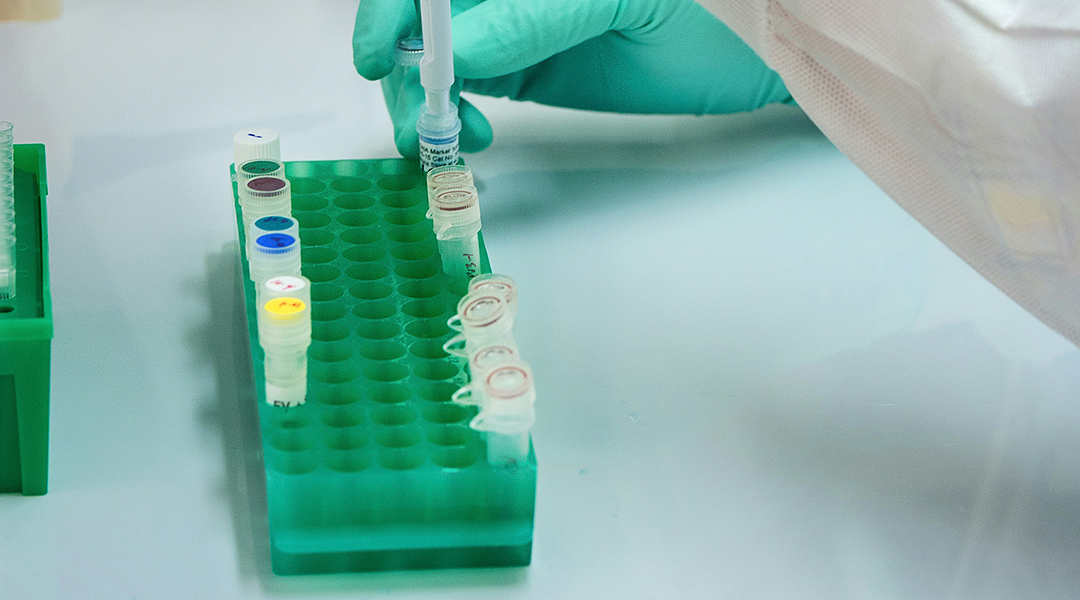Decorated nanospheres boost chemotherapy and cut side effects
Scientists are developing a new strategy to direct chemotherapy drugs straight to tumors while sparing normal organs from unnecessary damage.
Conventional chemotherapy often falls short because it cannot specifically target cancer cells, leading to collateral damage in healthy tissues. With cancer rates rising globally — driven by an aging population, risky lifestyle habits like smoking and drinking, and various environmental factors — there is an increasing focus on improving chemotherapy drugs to enhance effectiveness and reduce harmful side effects.
In a paper published in Advanced Healthcare Materials, scientists from China demonstrated that hyaluronic acid oligosaccharides could enhance the safety of chemotherapy by targeting receptors abundant on cancer cells. Their approach builds on drug delivery vehicles called chitosans, which are derived from natural sugars in chitin and can be easily modified to improve drug delivery.
“Polysaccharide-based biomaterials have garnered significant attention in drug delivery due to their excellent biocompatibility, biodegradability, low toxicity, and renewable prospects,” wrote the team.
Advancements in this technology have led to chitosans being formed into tiny spheres that can carry chemotherapy drugs, protecting them from breakdown before reaching their target and reducing side effects. For example, docetaxel (DTX), a common drug for treating solid tumors, often causes serious side effects. Encapsulating DTX in chitosan-based carriers can improve its effectiveness and lessen these side effects.
However, the DTX/chitosan platform still relies on passive targeting, which means it may not fully avoid toxicity to normal cells. This is where hyaluronic acid oligosaccharides come into play.
Cancer cells release an enzyme called hydrolase that breaks down hyaluronic acid into oligosaccharides. These oligosaccharides help cancer cells move and spread. They also interact with a receptor called CD44 on cancerous cells. Targeting this receptor with hyaluronic acid oligosaccharides helps deliver drugs directly to the cancer cells, potentially reducing unwanted side effects.
While this sounds logical on paper, the use of hyaluronic acid oligosaccharides hasn’t found widespread adoption because making them through conventional chemical synthesis is a complicated and expensive process. But this didn’t stop the current team from developing an alternative.
“Our laboratory adopted a simple enzymatic hydrolysis method to prepare [the oligosaccharides],” they stated. With this in hand, they successfully coated chitosan drug carriers with the oligosaccharides and used them to package the chemotherapy drug, DTX.
In preliminary tests, the DTX-loaded oligosaccharide nanospheres outperformed other treatments, achieving a 57.65% reduction in tumor growth compared to the control group and the DTX-only group, both of which saw rapid tumor progression.
The team believes the oligosaccharide nanospheres work better because they target tumor cells more effectively, thanks to the over-expressed CD44 receptors on these cells, but further testing is required to confirm this hypothesis. Moreover, mice treated with these nanospheres showed no major side effects in vital organs, unlike those receiving naked DTX, which caused some heart damage.
These results are promising, demonstrating strong tumor suppression with reduced toxicity. Nonetheless, a long road remains before this drug delivery system could be used clinically. Further tests and clinical trials, which can take years, are needed to advance this technology.
Additionally, despite being simpler than chemical synthesis, enzymatic production of oligosaccharides still involves challenges, such as maintaining precise conditions, ensuring consistent quality, and managing costs related to high-purity enzymes and purification processes. Scaling up their production might not be so straightforward.




Comments
Post a Comment